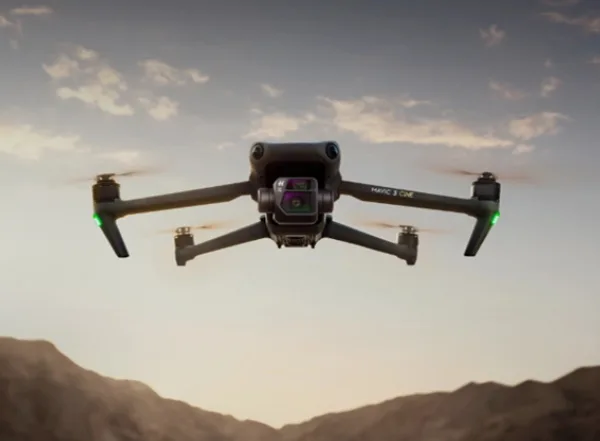
With its booming economy and expanding infrastructure, Qatar has witnessed rapid advancements in drone technology. However, with drones becoming more lightweight and accessible, they have also become a threat to national and public safety. Law enforcement agencies need to tackle emerging security challenges posed by drones, which is why the need for airspace protection in Qatar with drone countermeasures has become more crucial than ever.
Qatar’s Strategic Significance and the Rise of Drone Threats
Given Qatar’s geographic position in the Middle East, combined with its vast oil and gas reserves, it makes the place quite a crucial player in global energy markets and regional geopolitics. However, the prominence of the place also renders it a target for different drone-related threats, ranging from espionage to sabotage. With key infrastructure projects, such as Hamad International Airport, the Qatar National Convention Centre, and the Lusail Iconic Stadium, we would say ensuring airspace security with Qatar drone defense systems is more critical than ever.
Location-Specific Challenges Requiring Anti-Drone Solutions
#1 Protecting Energy Infrastructure in Ras Laffan Industrial City
Ras Laffan, home to Qatar’s major oil and gas production facilities, is a critical site for the country’s economy. Drones used for illegal surveillance or carrying explosives could wreak havoc on these facilities, compromising national energy security. With drones capable of reaching these sensitive zones, law enforcement must deploy counter-drone systems like radar detectors and UAV jammers to find and intercept rogue UAVs before they approach.
#2 Securing Hamad International Airport
Hamad International Airport, being one of the busiest airports in the Middle East, must ensure the safety of thousands of passengers and prevent drone incursions from causing flight delays or accidents. Law enforcement here needs rapid-response anti-drone technologies such as detection radars and GPS spoofers to neutralize threats in high-traffic airspace.
#3 Safeguarding Qatar’s Ports
As Qatar continues to expand its maritime trade operations, securing its ports from drone-based espionage or contraband smuggling is crucial. Hamad Port and Ras Abu Aboud are vital hubs for global trade, and any disruption to their operations could impact the national economy. Anti-drone systems can be used by law enforcement officers to maintain port security and intercept drones carrying illegal goods or engaging in unauthorized surveillance.
#4 Event Security at Stadiums and Public Venues
As Qatar prepares to host major global events, including FIFA World Cup 2022, law enforcement faces the challenge of securing venues like the Lusail Stadium and Al Bayt Stadium. Large crowds and high-profile events attract attention, making them potential targets for disruptive drone activity. However, drone detection and jamming systems can ensure drones can be kept out of sensitive areas during public gatherings.
#5 Securing VIP Zones and Government Buildings
Drones can pose serious threats to government buildings like the Amiri Diwan and diplomatic zones in Doha. These areas often house high-profile individuals, making them prime targets for spying or even intrusion via drones. By installing perimeter drone defense systems, law enforcement can ensure drones are detected, tracked, and neutralized before they come close to sensitive zones.
Conclusion
We would say, that in Qatar’s unique geopolitical and economic context, law enforcement agencies need to stay ahead of evolving threats, especially those posed by drones. As the country continues to host international events and develop critical infrastructure, anti-drone solutions in Doha have become more vital than ever. In case you are looking for an anti-drone supplier for Qatar, you can reach out to our team.
